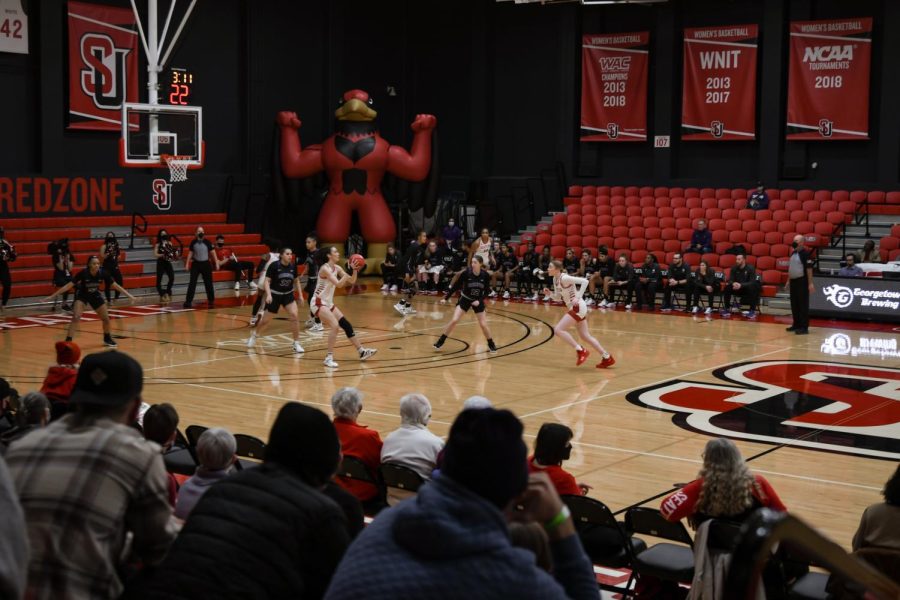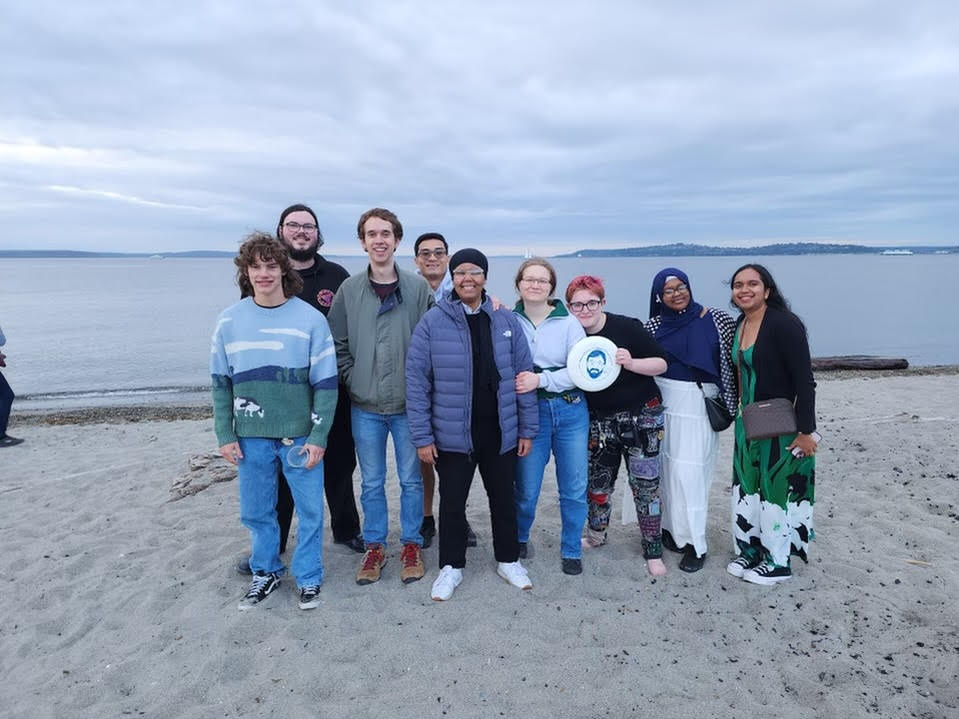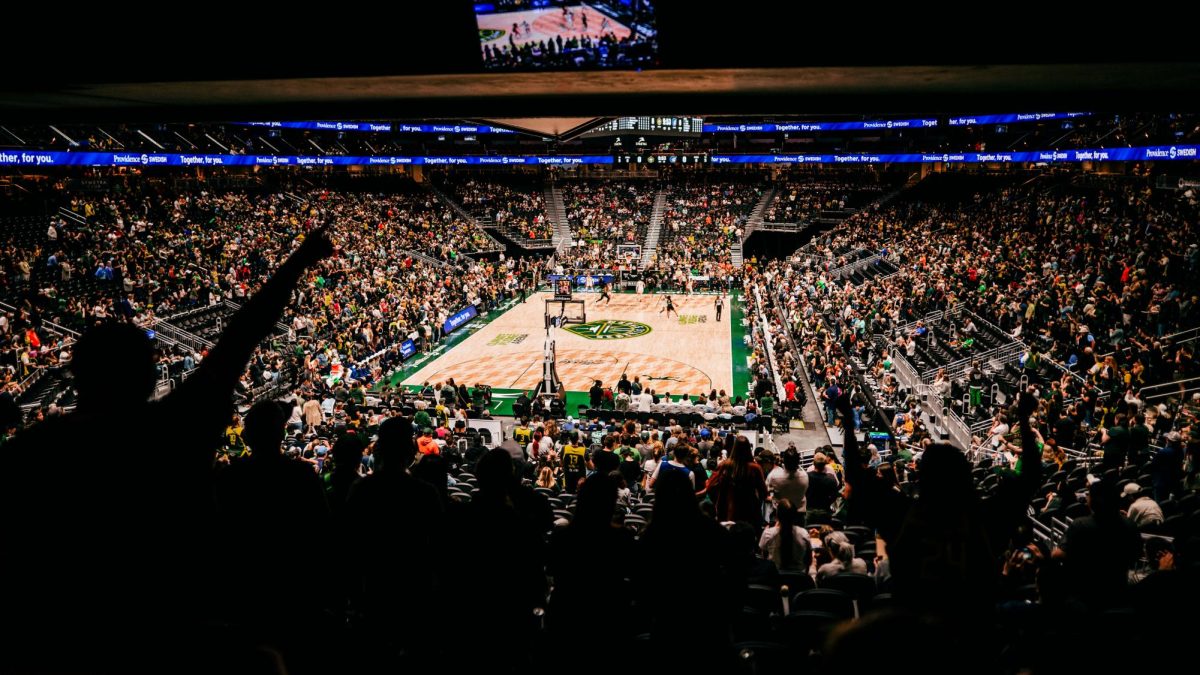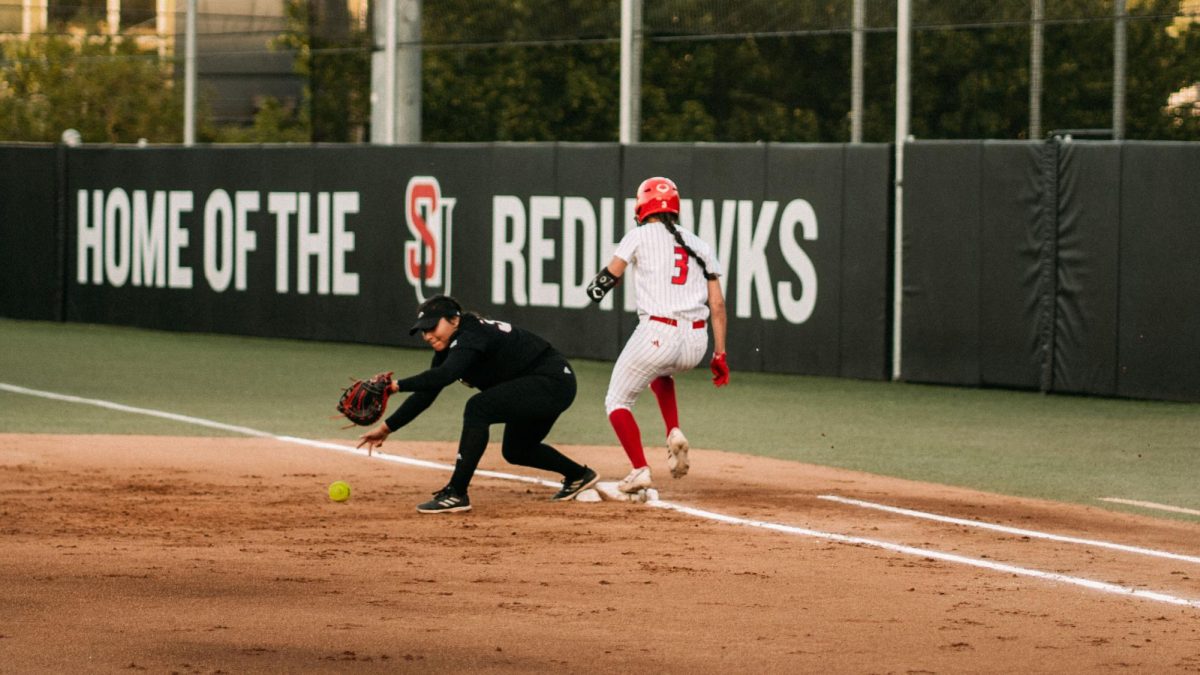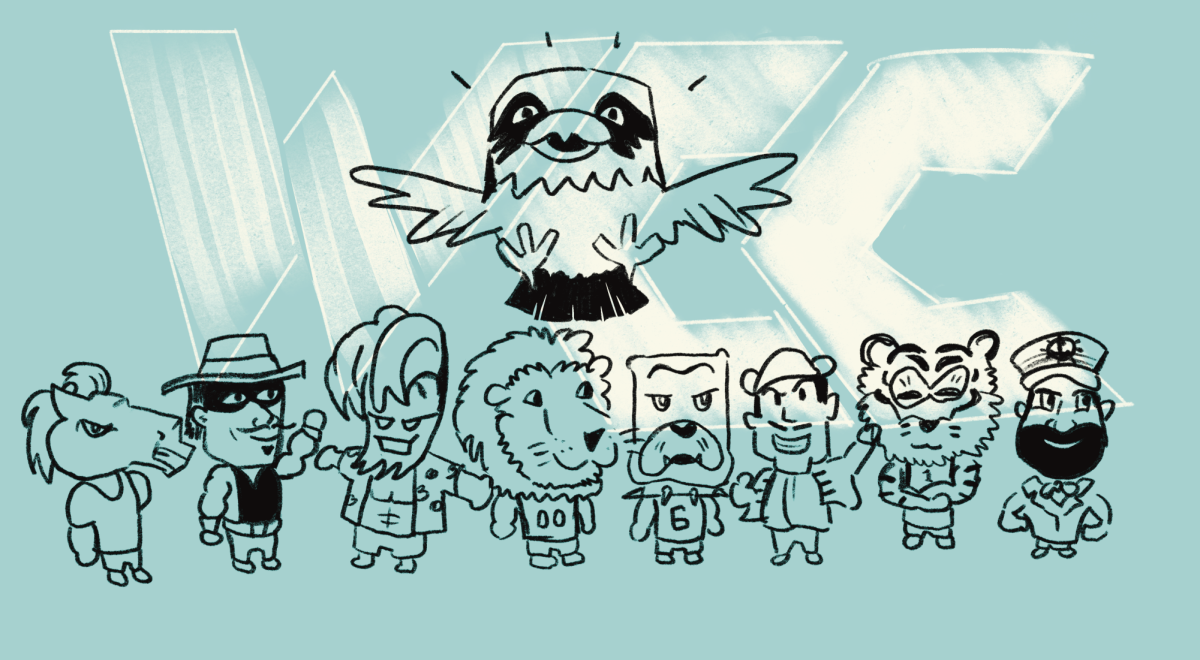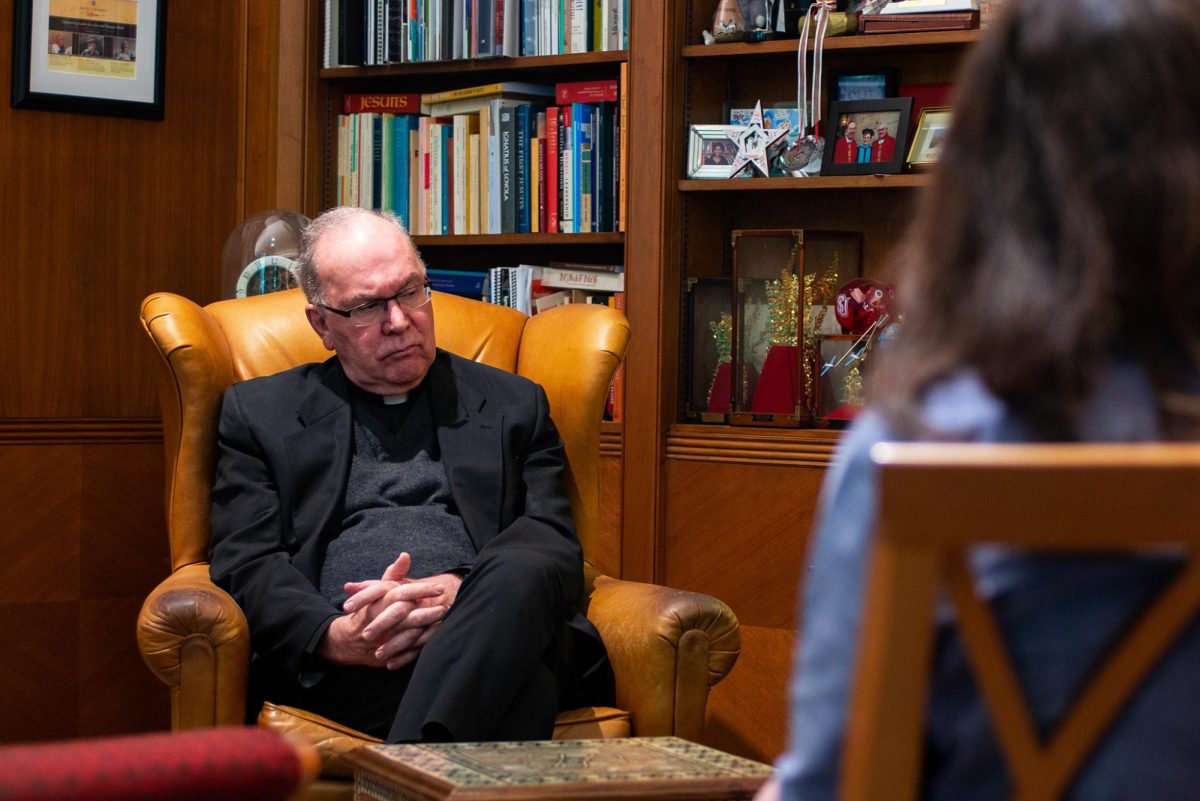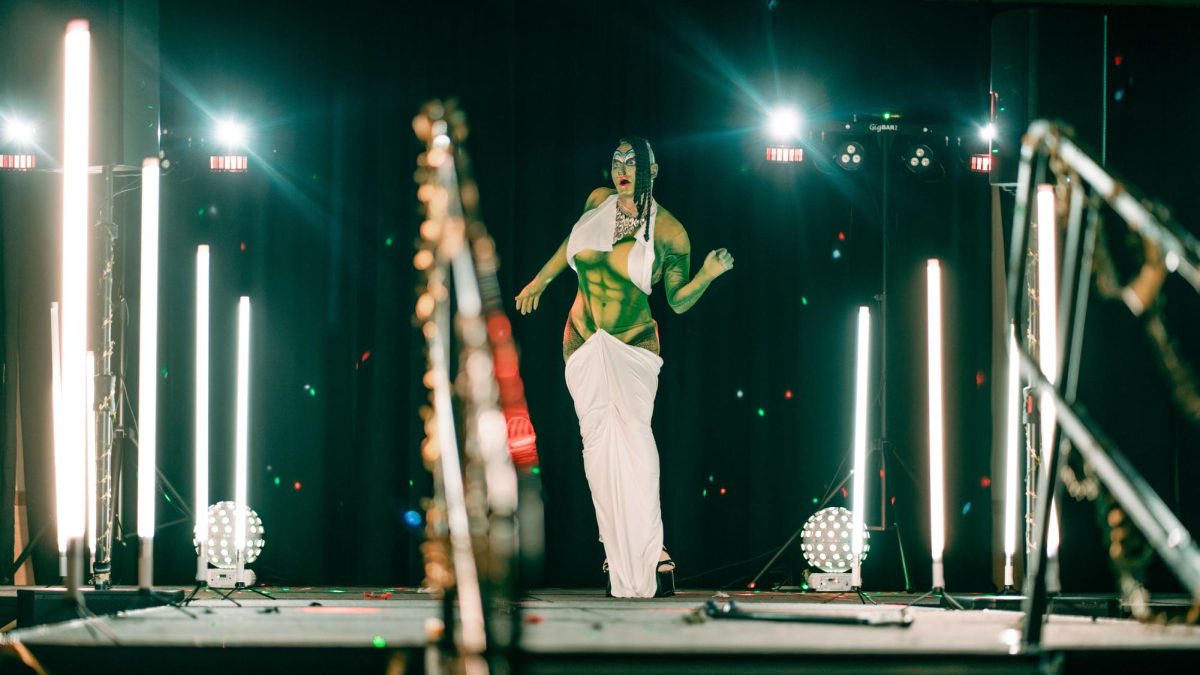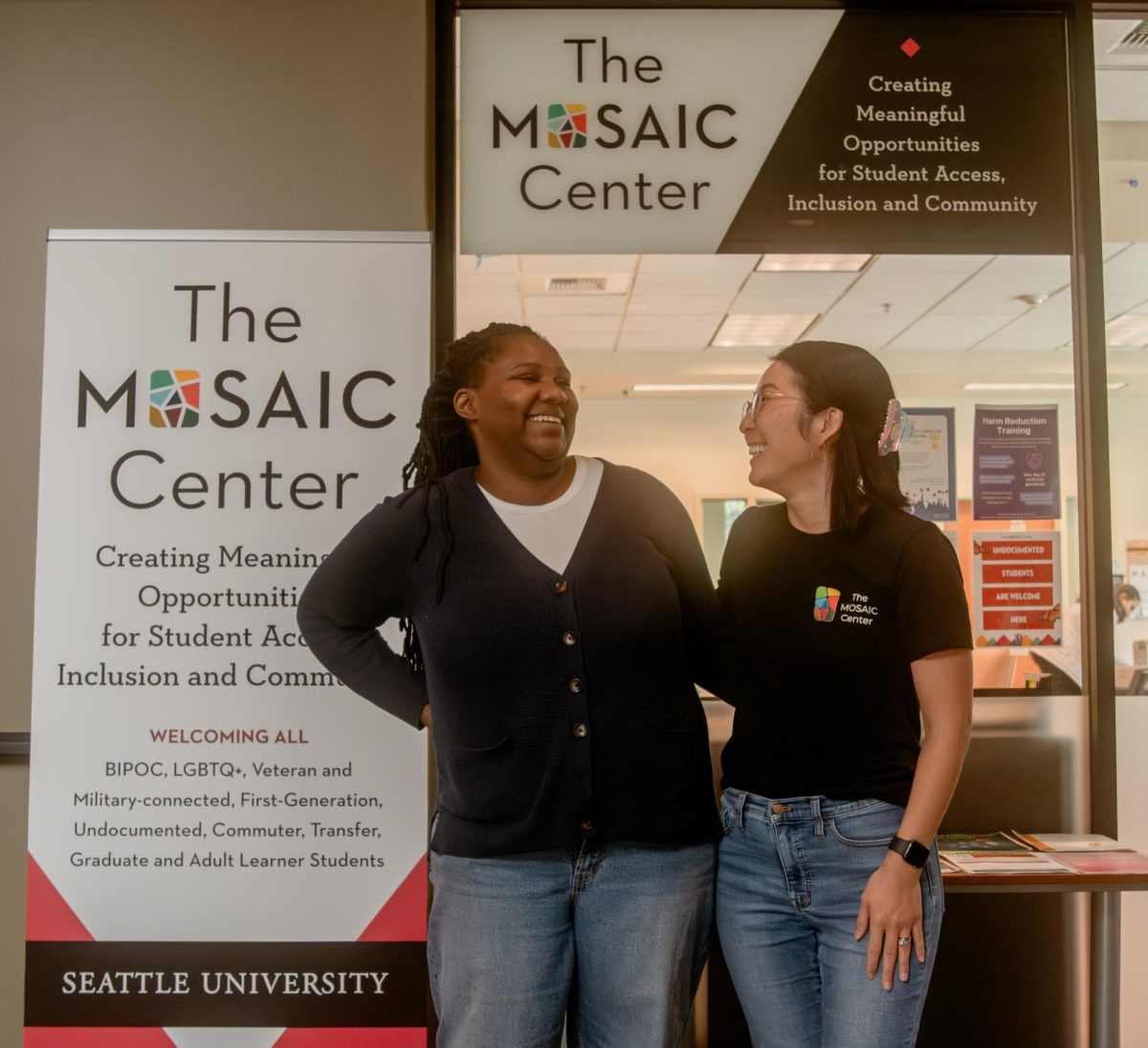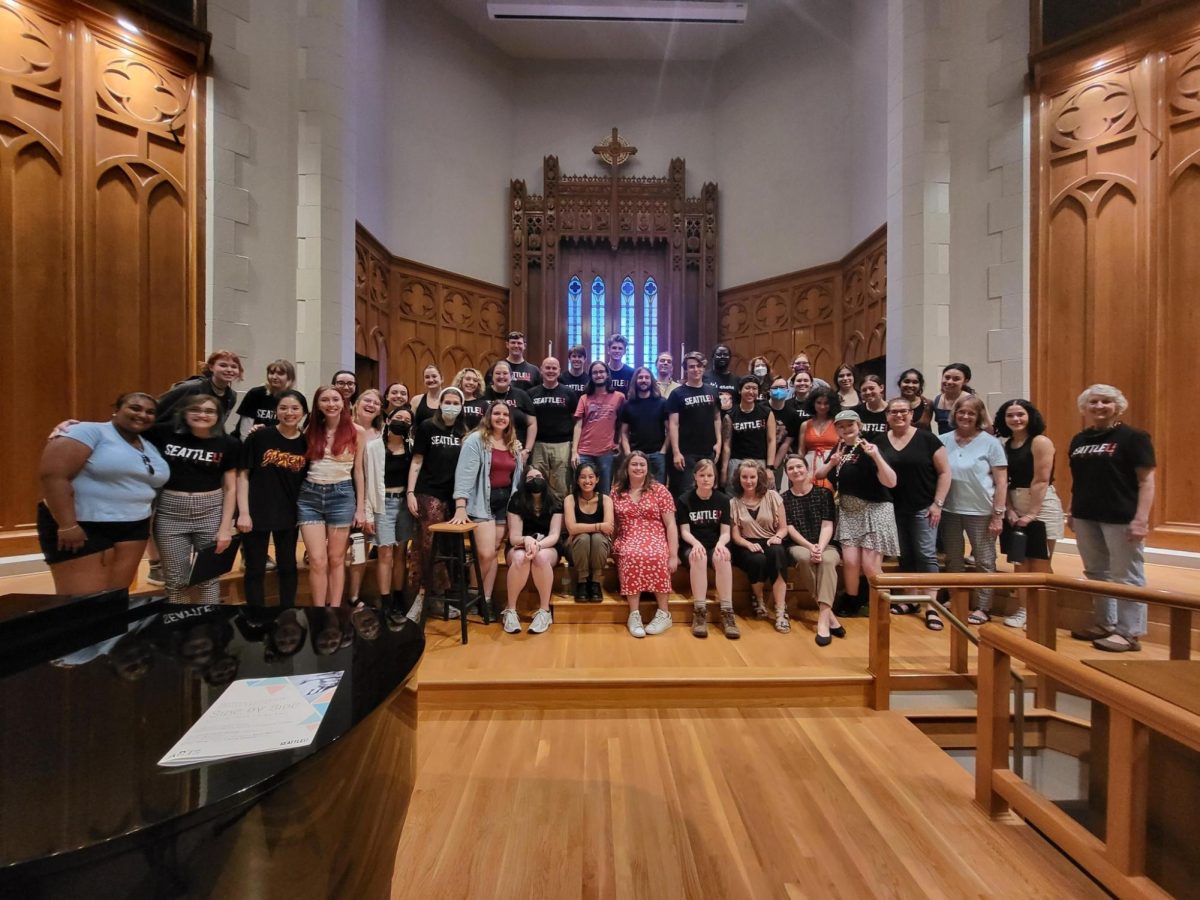The collegiate sports world has been in constant flux for the past few years. From name, image and likeness (NIL) rules changing completely, to the transfer portal controlling the power dynamics across numerous sports, there has seldom been a moment of calm for fans, players and administrators alike as the NCAA’s model of amateurism continues to be challenged.
The latest development in that saga came from Dartmouth College, which saw its men’s basketball program vote 13-2 in favor of joining their campus worker’s union March 5 after planning the move for months. The vote marked the first time an NCAA team has ever joined a union.
Dartmouth, a private institution, does not offer athletic scholarships to student-athletes—as a member of the Ivy League, they aren’t allowed to. However, the National Labor Relations Board’s (NLRB) Region 1 Director Laura Sacks ruled Feb. 5 that student-athletes at Dartmouth are still compensated with things like apparel, academic support, etc., and are thus employees. After the ruling, the team was free to unionize if they chose to.
Dartmouth Junior players Cade Haskins and Romeo Myrthil are representatives for Dartmouth Men’s Basketball and have been involved with the unionization efforts. They released a statement explaining the significance of the move.
“It’s time for the age of amateurism to end,” the statement read. “Let’s work together to create a less exploitative business model for college sports. Over the next few months, we will continue to talk to other athletes at Dartmouth and throughout the Ivy League about forming unions and working together to advocate for athletes’ rights and well-being.”
The college responded with a statement of their own, refusing to recognize the team’s decision to unionize. As such, Dartmouth is currently in the process of appealing the decision, as a lengthy legal process gets underway.
Kelli Rodriguez is the director of the master of legal studies and sports law program at Seattle University’s School of Law. Rodriguez suggested that due to the novel nature of the situation, neither side has established a legal foothold.
“This isn’t a legal question so much,” Rodriguez said. “We as a culture are asking where we want to go. Student-athletes are very much staking their claim in where they want us to go… this is a policy question.”
Eric Guerra, the senior associate athletic director for compliance and student-athlete services at Seattle U, suggested that unionization would be a non-starter if athletes were heard more often. Guerra emphasized that the point of collegiate athletics has historically been rooted in the “transformation” of student-athletes into professionals, thanks to the structure and aid provided by athletics.
But with the transfer portal and NIL opportunities running free in a largely unregulated space, he warned that the NCAA is becoming increasingly “transactional,” which is the antithesis of amateurism. And when an amateur sport becomes a business first, the idea of unionization arises.
“If we turn it into this transactional free agency that’s based on ‘what can you produce for me right now…’ that’s a very concerning place for college sport to be because we’ve lost our purpose,” Guerra said. “We’re sometimes so quick to create this new transactional business model, that we’re not giving enough time and thought to ‘what are the tradeoffs, what are the implications?’”
Some of those implications could include teams dropping sports, academic advising and aid, etc. to make budgetary space for paying players by the hour. Also, student-athletes could have their practice hours capped in the same manner employees have working hour limits. Rodriguez clarified if student-athletes were to unionize, they would be required to negotiate their working hours with their institution as a part of their collective bargaining agreement.
Jennifer Hoffman, an associate professor in the Center for Leadership in Athletics at the University of Washington, suggested there is already a clear professionalization of collegiate athletics as currently constructed. Hoffman pointed out the reliance that professional sports leagues and the Olympics alike have on collegiate sports as an incubator of sorts for their talent as a factor.
Hoffman argued that a large reason for the uptick in legal cases around the employment status of student-athletes is largely due to the few sports that provide a majority of the revenue in the NCAA, namely football and basketball, not receiving compensation for their contributions. Instead, those proceeds are largely distributed to other sports and programs.
It’s a system Hoffman suggests needs changing.
“We have had a highly professionalized model for a really long time,” Hoffman said. “What we are moving toward is a reckoning over an economic model that is really inconsistent with a lot of our campus values… I’m not one hundred percent convinced that these legal solutions are going to actually solve the problems of our economic model.”
At any rate, these recent developments indicate a clear disconnect in how student-athletes are treated, and how varying viewpoints believe they should be treated going forward. But for now, it seems the student-athletes themselves may have a stronger voice in the conversation.






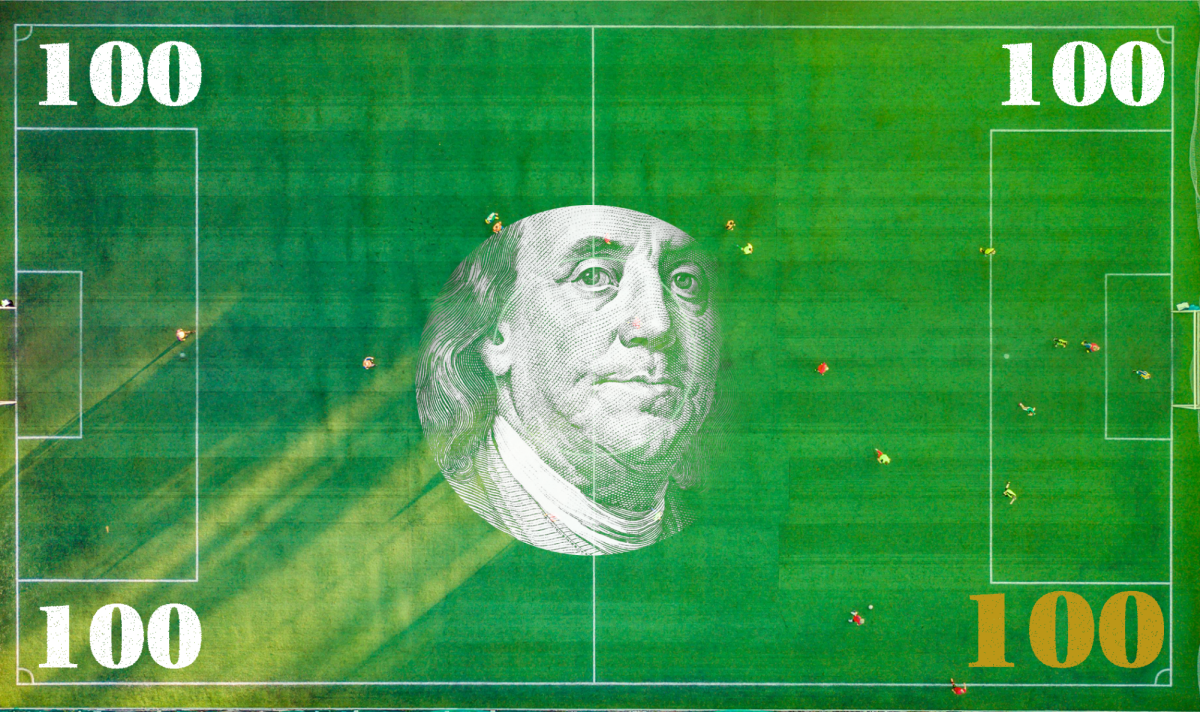
![Josh Gibson Supplants Ty Cobb, Babe Ruth, as Baseball’s Best Hitter [OPINION]](https://seattlespectator.com/wp-content/uploads/2024/05/gettyimages-72075891-1200x675.jpg)
